Can only Japan buy real Blue Mountain Coffee? What are authentic Jamaican Blue Mountain coffee beans?

Whenever Qianjie talks about Blue Mountain Coffee with friends who don't drink coffee very often, there is always a saying: "most of the Blue Mountain Coffee in the Chinese market is not real, because 90% of the Blue Mountain coffee is bought by the Japanese market every year, and the remaining 10% goes to the European and American markets." Is this statement accurate? Let's take a look at Qianjie to see what is the real Blue Mountain Coffee and whether there is a real Blue Mountain in China.
How did Blue Mountain Coffee become popular all over the world?
As the name suggests, Blue Mountain Coffee comes from the Blue Mountains, which is located in Jamaica, an island country in the Caribbean. In terms of planting environment, Jamaican coffee is a separate category different from many inland coffee producing areas, called Island Coffee.
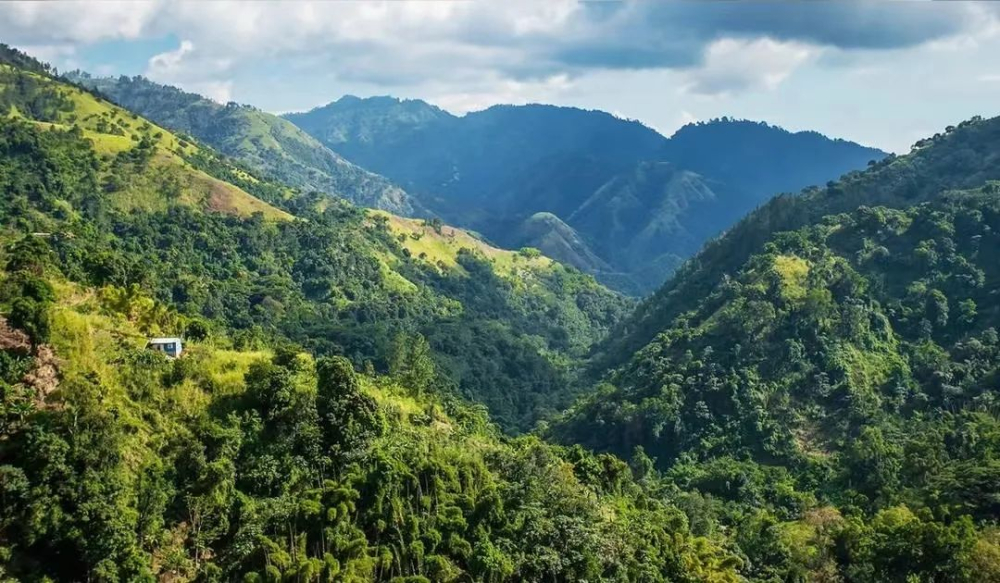
Before the 1960s, Jamaican coffee beans were very popular in the entire coffee market because of their high quality and excellent aroma. The good times didn't last long. In the late 1960s, the whole island of Jamaica was hit by the worst hurricane in history, most of the coffee estates were destroyed and the coffee industry collapsed.
The 1960s and 1970s was the period of Japan's economic take-off, with strong consumption and purchasing power, and Blue Mountain became the most popular coffee in the Japanese market after Manning. At this time, several trading companies from Japan teamed up to provide large loans to some of the best coffee plantations in the Blue Mountains, including the famous UCC Coffee Company (formerly Ujima Coffee Co., Ltd.). In 1981, they directly bought shares in these estates and were deeply involved in the production and sale of Blue Mountain Coffee. As a result, they gained the right of preemption and almost monopolized the whole high-quality Blue Mountain coffee market.
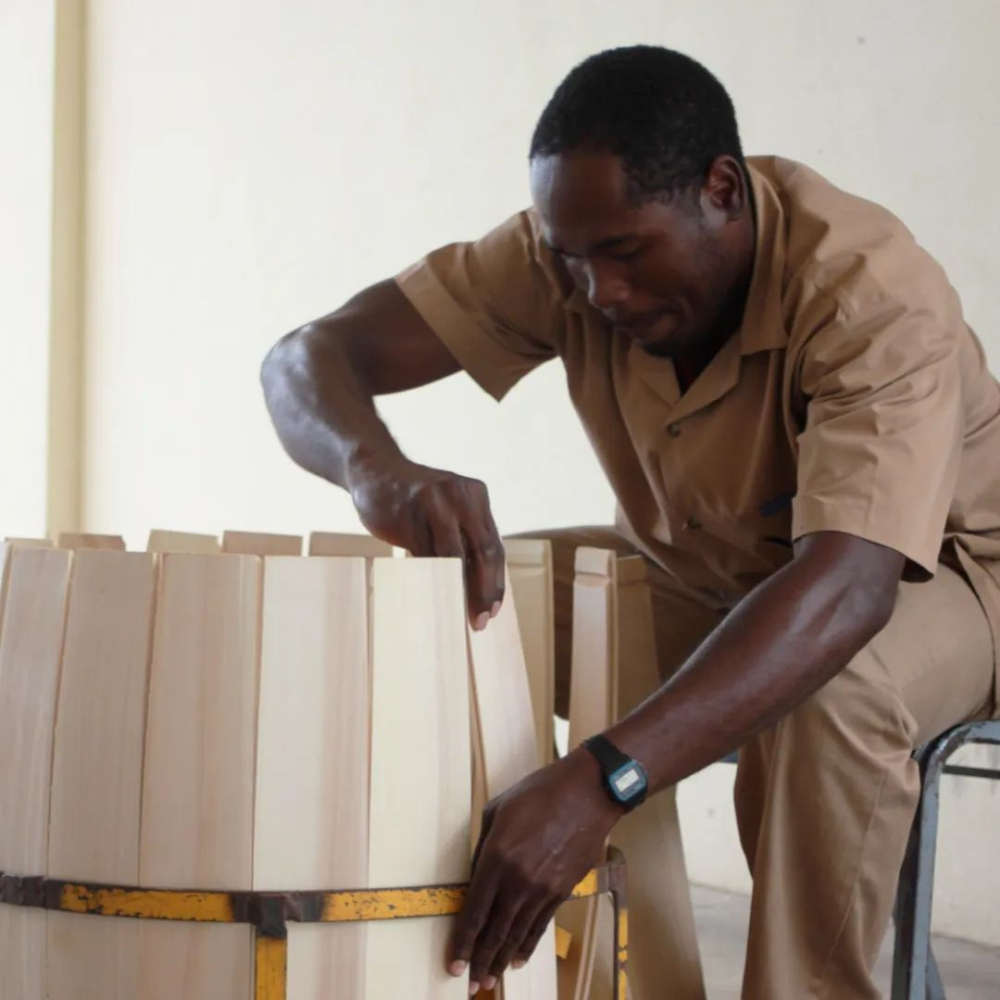
In order to thank Japanese companies for their assistance, the Jamaican government signed a 30-year contract with Japan in 1972, promising to supply 90% of the production quota of Blue Mountain coffee to Japan, and the remaining 10% of about 245 tons to be sold in other markets. As the saying goes, scarcity is precious. The output of Blue Mountain coffee is inherently low, but it is also monopolized by trade, and the demand is frantically marketed by Amway, so the price naturally goes up.
In fact, during the signing of the agreement with Japan, Blue Mountain Coffee was not completely consumed locally, and they will sell some of it to other Asian countries at high prices. Coupled with the increased publicity efforts of the Japanese, coffee people from many neighboring countries have also begun to pursue Blue Mountain Coffee, such as Singapore, South Korea, Taiwan and Hong Kong, China. Over the past 2000 years, the "Blue Mountain craze" has gradually begun to spread to China, so when we mention coffee to our elders, they always think of the name "Blue Mountain" for the first time.
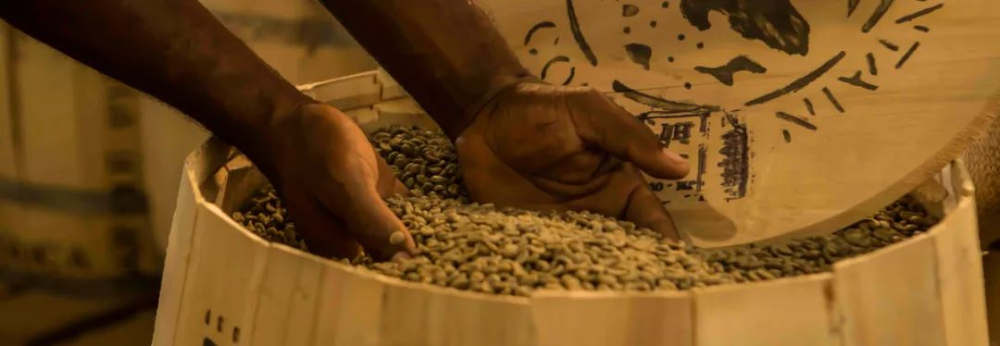
The saying that "Blue Mountain Coffee is rare in the domestic market" was established before 2008, but this has not been the case since 2008. During the global economic crisis in 2008, Jamaica tried to sell Blue Mountain coffee to more countries, and its underwriting agreement with Japan expired, so it allocated more of the Blue Mountain quota to other countries. In this way, the situation that the Japanese have monopolized the Blue Mountain market for a long time has been broken. Buyers from all over the world can participate in the production and sale of Blue Mountain Coffee, and our country's importers and roasters also participate in the Blue Mountain Coffee market after this. as a result, there are many opportunities for domestic buyers of Blue Mountain coffee. Today, with the vigorous development of coffee culture, it is not difficult to drink a cup of Blue Mountain coffee.
Blue Mountain flavor bean ≠ Blue Mountain Coffee
After the domestic reform and opening up, foreign materials poured in, including coffee. At that time, coffee was not as ubiquitous as it is now, and the prestige of Blue Mountain Coffee was introduced into China. The early Blue Mountain coffee was very rare and expensive. According to the flavor of Blue Mountain, merchants used mixed beans to make coffee close to the taste of Blue Mountain, and then a kind of deep-roasted mixed beans called "Blue Mountain flavor" appeared on the market. Although it is named Blue Mountain, it is a far cry from Zhenlan Mountain.
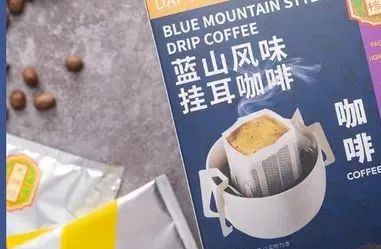
Although there are still many fake blue mountains on the market, it does not mean that it is difficult to find the existence of the real blue mountains. In fact, our country reported the direct import of Blue Mountain coffee from Jamaica in April 2011. At that time, Zhejiang DUNN'S RIVER Import and Export Trading Company purchased from Jamaica on behalf of the Hangzhou Coffee and Western Food Association, totaling 1000*70kg, with a total amount of US $2 million. Nowadays, Jamaica also attaches great importance to the Chinese market, and the list of domestic authorized exporters can be found on the CIB website.
What are the credentials of Zhenzong Blue Mountain Coffee?
As consumers, we can use handmade oak barrels to transport blue mountain raw beans through merchants. Jamaica is the only producing area in the world that uses oak barrels as the carrier of coffee, which is divided into three specifications: 70kg, 30kg and 15kg. Compared with coarse sacks, oak barrels have the advantage of absorbing and releasing internal and external humidity, isolating the aroma of coffee from outflow, maintaining a more stable moisture content of coffee beans and making roasting more stable. Later, the barrel also became one of the signs to identify authentic Blue Mountain Coffee.
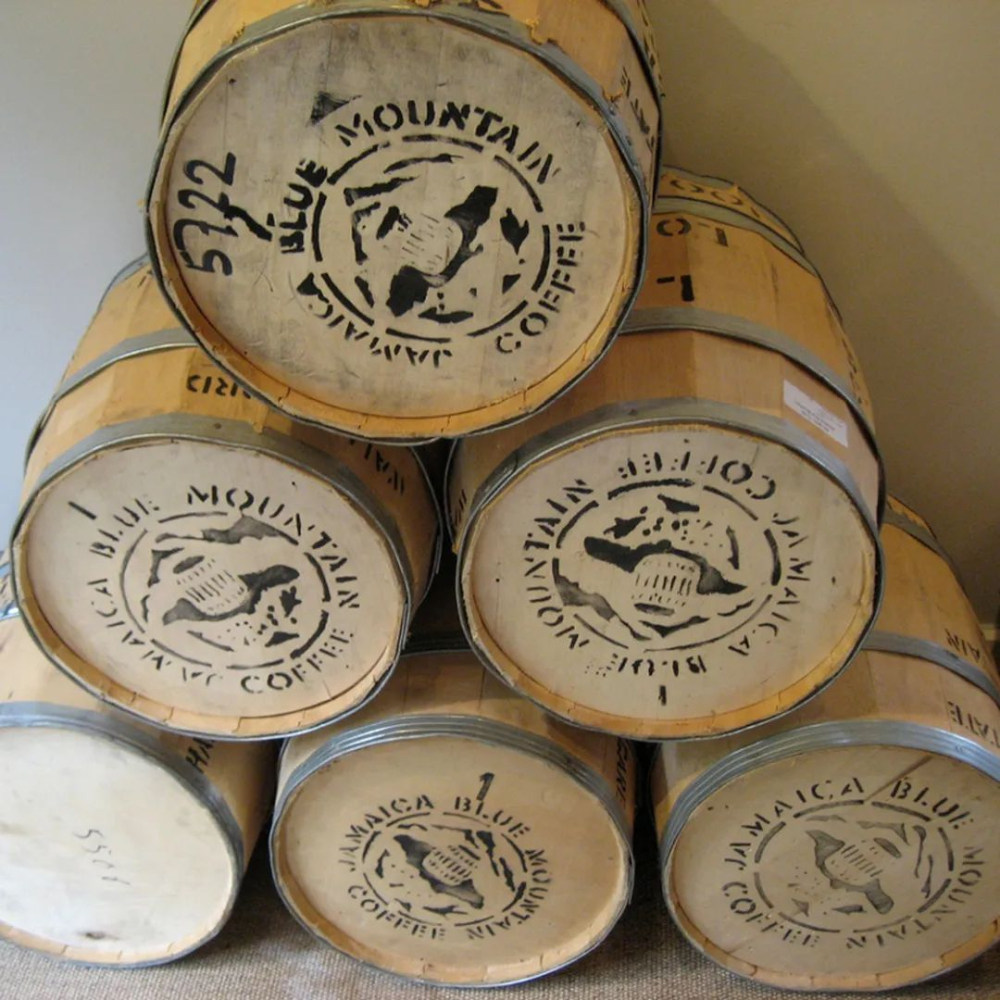
In addition, the production and distributors of Blue Mountain Coffee must be licensed by the Jamaican Government and authorized by the Jamaican National Coffee Bureau, and all locally exported Blue Mountain batches are also tested and certified by the coffee shop with its label. Therefore, we can ask the merchant to show the relevant Blue Mountain voucher to identify whether it is the true Blue Mountain.
The Blue Mountain No. 1 coffee on the front street is produced by Clifton Manor and has a certificate of quality issued by the Jamaican Coffee Bureau, an authorized sales certificate issued by the Blue Mountain Coffee manufacturer, and a certificate of origin of Jamaican Blue Mountain Coffee. Oak barrels containing blue mountain beans are also displayed in the Dongshankou store.
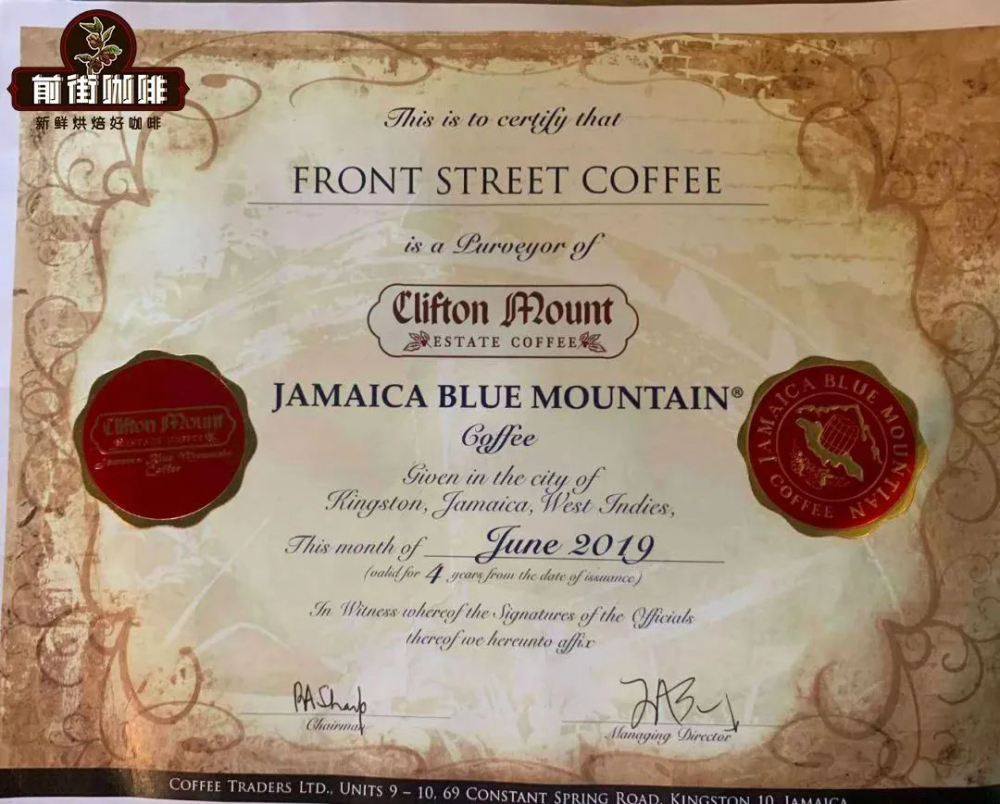
-END-
Important Notice :
前街咖啡 FrontStreet Coffee has moved to new addredd:
FrontStreet Coffee Address: 315,Donghua East Road,GuangZhou
Tel:020 38364473
- Prev

Flavor difference between Red Standard Rose Summer Coffee in Jadeite Manor of Panama and Red Standard Coffee in Essex Village
Recently, a friend came to the Qianjie store for a drink and designated Rose Summer with a red label. The current street indicates that there are two red signs, Jade Manor and Rose Summer Village. Which one do you want to drink? the friend asked, which tastes better? In that case, Qianjie today, let's sort out the differences between these two "Red Standard Rose Summer".
- Next

Just entered the pit to make coffee, what kind of coffee beans should be chosen?
As a rookie who has just entered the pit to make coffee, I believe it will be difficult for everyone to choose when facing a dazzling variety of coffee beans. Which country, which treatment, which baking degree, and which type of flavor should be chosen to describe the "pain mask"? then let Qianjie solve this trouble shallowly.
Related
- Guji coffee producing area of Guji, Ethiopia: Humbela, Shakiso, Wulaga
- What is the most expensive variety of Qiloso in BOP multi-variety group?
- How to store the coffee beans bought home?
- Why are Yemeni coffee beans so rare now?
- Ethiopian Sidamo all Red Fruit Sun Sun Santa Vini Coffee beans
- SOE is mostly sour? What does it mean? Is it a single bean? what's the difference between it and Italian blending?
- Is Italian coffee beans suitable for making hand-brewed coffee?
- How to choose coffee beans when making cold coffee? What kind of coffee beans are suitable for making cold coffee?
- Just entered the pit to make coffee, what kind of coffee beans should be chosen?
- Can only Japan buy real Blue Mountain Coffee? What are authentic Jamaican Blue Mountain coffee beans?

